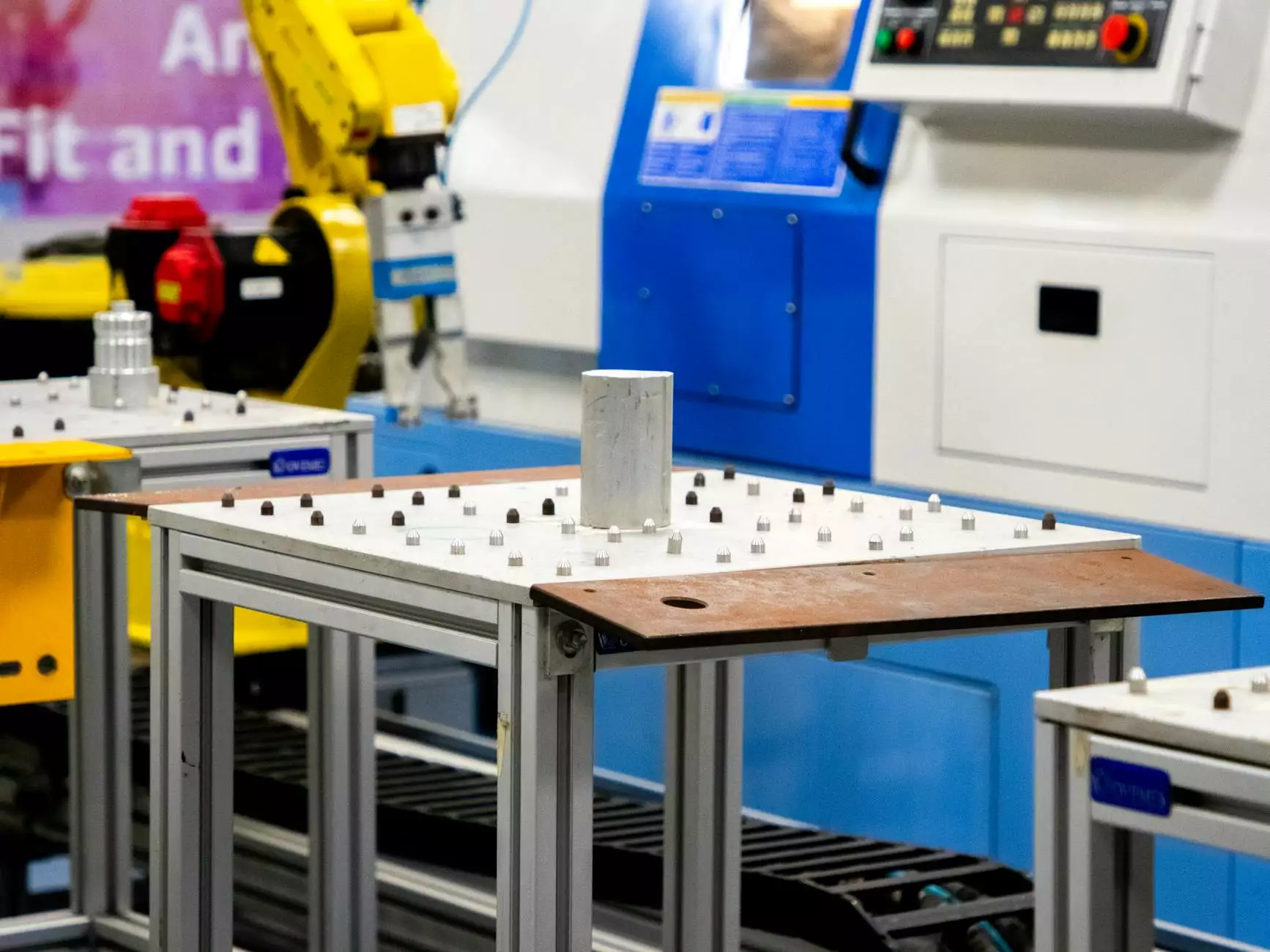What to Look for in a Commercial Lease Agreement

When embarking on the journey of securing a commercial space for your business, it is essential to thoroughly comprehend the intricacies of a commercial lease agreement. This document serves as the foundation of your business's physical presence, influencing day-to-day operations, financial commitments, and future flexibility. Understanding what to look for in a commercial lease agreement can safeguard your investment and ensure a harmonious relationship with your landlord. Below, we explore the crucial factors you need to consider.
1. Lease Term Length
The length of your lease is a critical factor to consider. Commercial leases usually range from one year to fifteen years or more. A longer lease might provide stability, but it could also restrict your options if the business landscape changes. Conversely, a shorter lease offers flexibility but may result in higher rent due to the transient nature of your occupancy.
- Analyze your business model: Consider whether your business is likely to grow, pivot, or downsize in the near future.
- Negotiate options: Some leases offer renewal options that allow you to extend the lease at predetermined rates.
2. Rent and Additional Costs
Understanding the financial commitments is paramount when evaluating a commercial lease. Rent is just one component; you must clarify all associated costs to avoid any surprises.
- Base Rent: Know the amount you'll pay, when it's due, and if it’s subject to escalation.
- Operating Expenses: Understand who is responsible for property taxes, insurance, and maintenance costs (often referred to as NNN — Triple Net Leases).
- Utilities: Determine whether utilities are included in rent or billed separately.
3. Lease Type
Commercial leases vary in structure and terms. Understanding the type of lease is essential to ensure it aligns with your business goals.
- Gross Lease: The landlord covers most expenses, leading to higher base rent but more predictability in costs.
- Net Lease: Tenants pay a lower base rent but assume additional expenses, which could vary significantly.
- Modified Gross Lease: A blend of gross and net leases, where some expenses are shared between the landlord and tenant.
4. Use Clause
The use clause details how you are permitted to use the leased space. It should align with your business objectives and prevent restrictive practices.
- Define Your Business Activities: Clearly outline which specific activities you intend to conduct on the premises.
- Avoid Restrictions: Ensure the clause allows for growth, diversification, or any future changes to your business model.
5. Alteration Rights
Your ability to modify the space can significantly impact your business operations. Be sure to understand your rights regarding alterations and improvements to the leased space.
- Permitted Alterations: The lease should outline which modifications you can make without requiring landlord approval.
- Restoration Obligations: Clarify whether you have to restore the space to its original condition at the end of the lease.
6. Maintenance Responsibilities
When assessing what to look for in a commercial lease agreement, it’s crucial to clarify maintenance responsibilities.
- Landlord vs. Tenant Responsibilities: Understand what the landlord is responsible for (e.g., structural repairs) versus what you will have to handle (e.g., daily upkeep and minor repairs).
- Response Times: Establish acceptable timelines for maintenance requests and necessary repairs.
7. Termination Clause
Knowing how to exit the lease can be as important as signing it. Review the terms of termination or early exit provisions.
- Conditions for Termination: Understand the grounds on which you or the landlord can terminate the lease.
- Early Termination Fees: Be aware of any penalties that may be involved should you choose to terminate the lease prematurely.
8. Renewal Options
Having an option to renew can provide you with significant peace of mind and stability as you invest in your business.
- Terms of Renewal: Ensure the renewal terms are clearly defined, including any adjustments in rental rates.
- Period for Notification: Determine how much notice you must provide prior to the lease's expiration if you wish to exercise the renewal option.
9. Security Deposit
The security deposit can impact your initial capital outlay and affect your cash flow. It's imperative to scrutinize this section in the lease.
- Amount Required: Pay attention to how much the landlord will require as a security deposit.
- Return Condition: Clarify the conditions under which the deposit will be returned upon lease termination.
10. Subletting and Assignment Rights
Your ability to sublet the space or assign the lease to another tenant is a crucial factor for future flexibility.
- Subletting Policy: Understand whether subletting is allowed and the process you must follow to obtain approval.
- Assignment Rights: Consider whether you are allowed to transfer the lease to someone else in the future.
11. Compliance with Laws
Ensure that both you and the landlord are aware of and comply with local, state, and federal laws and regulations.
- Zoning Laws: Verify that the space is properly zoned for your intended use.
- Building Codes: Ensure that the property meets safety regulations and ADA compliance.
12. Dispute Resolution
Conflict can arise in any business relationship. A well-defined dispute resolution process can save time and money.
- Mediation Requirements: Understand whether mediation is required before pursuing legal action.
- Jurisdiction: Clarify which jurisdiction’s laws will govern the lease agreement.
Conclusion
In conclusion, navigating a commercial lease agreement requires diligence and a comprehensive understanding of your responsibilities and rights as a tenant. By keeping the aforementioned factors in mind, you can prioritize your business's interests and create a strong foundation for your operations. Investing the time to meticulously review and negotiate your lease will ultimately pay dividends as you cultivate a thriving business environment.
For further insights on choosing the right commercial space and crafting effective lease agreements, do not hesitate to consult with commercial real estate professionals or attorneys specialized in commercial leasing.









